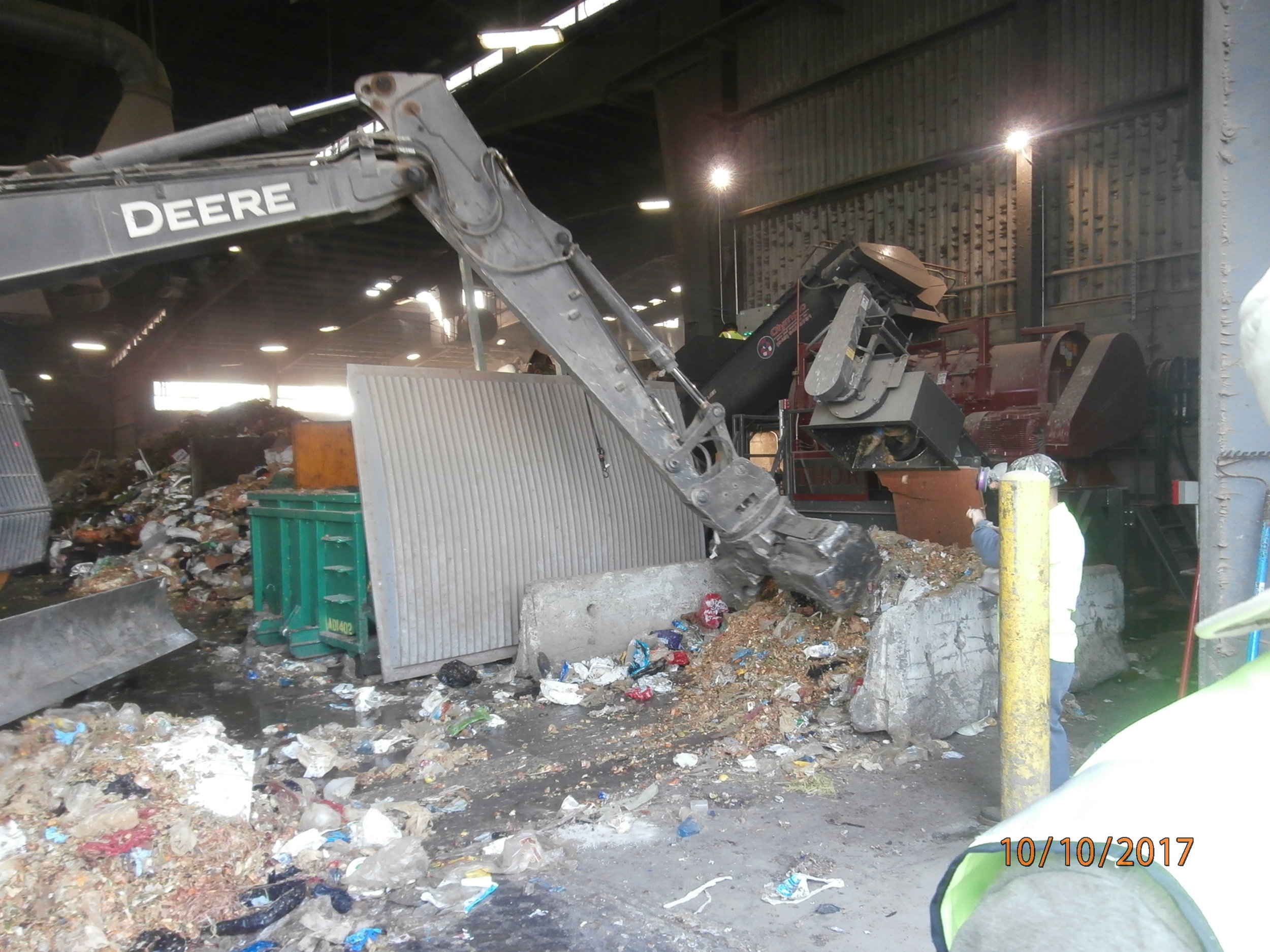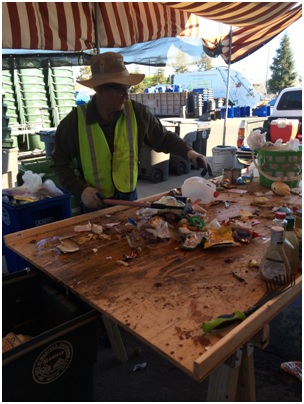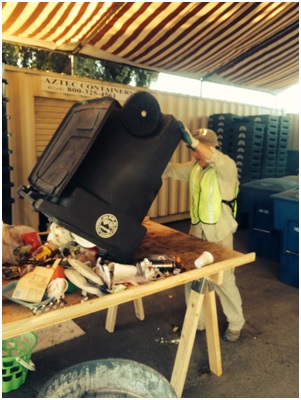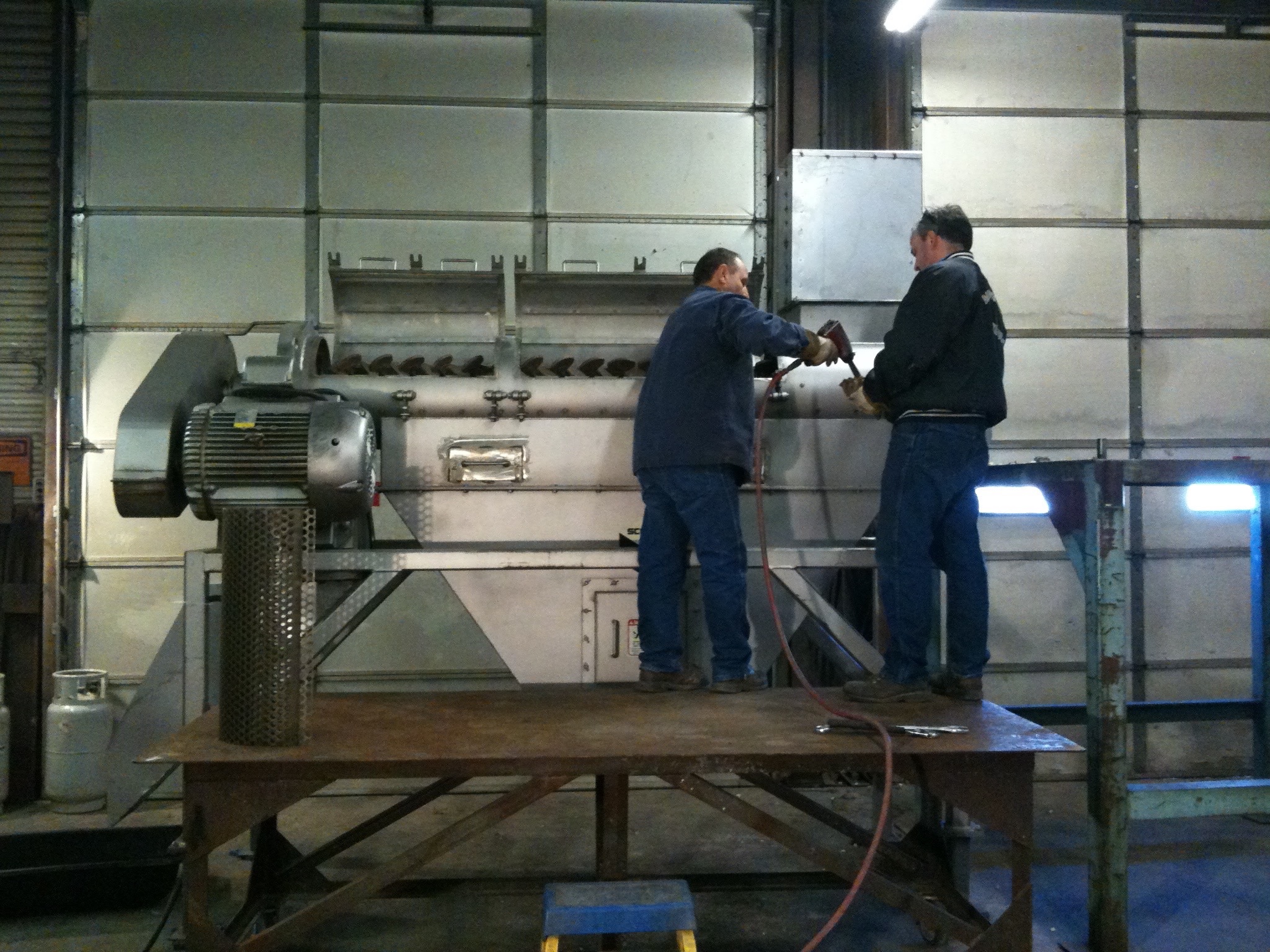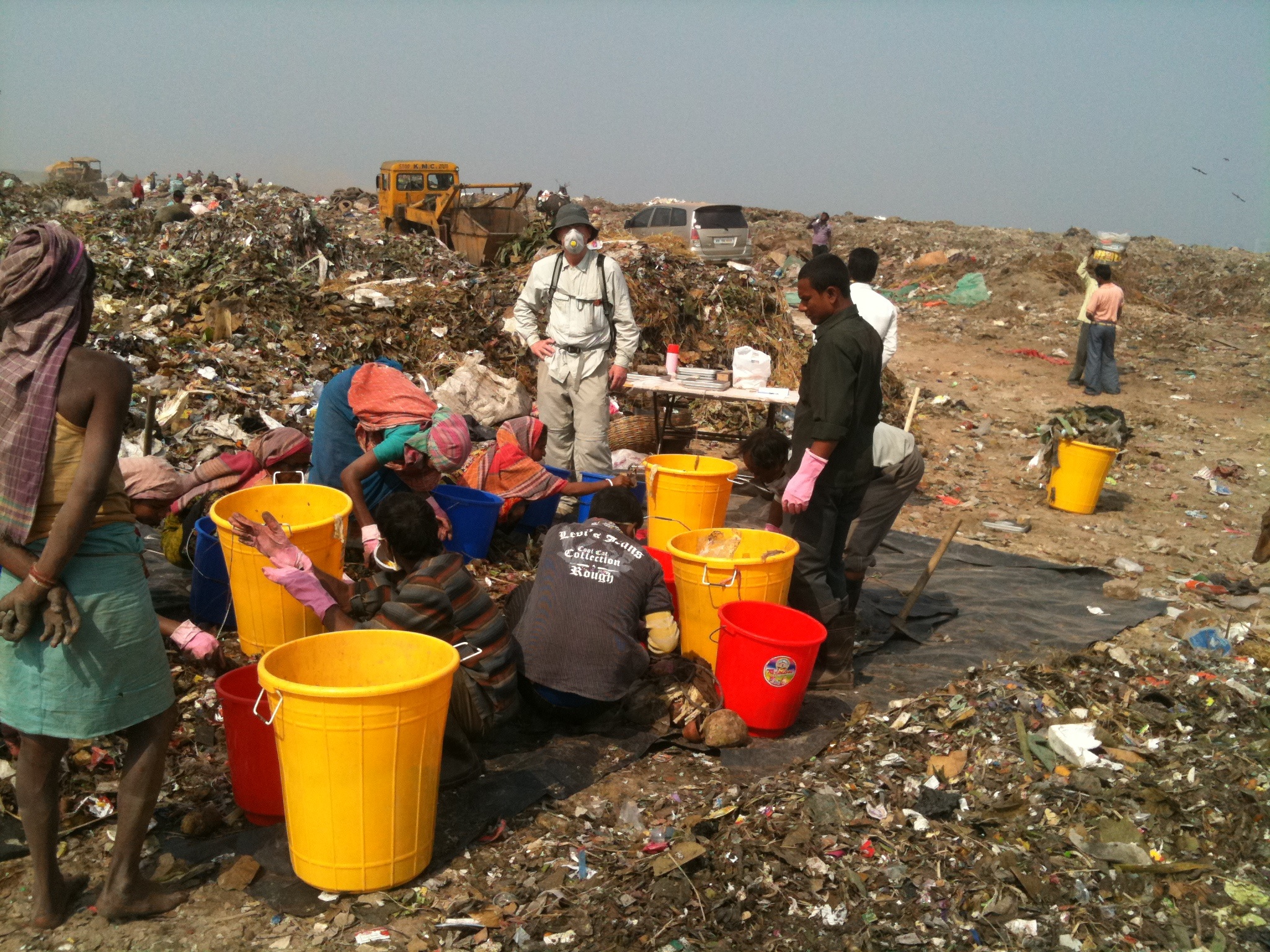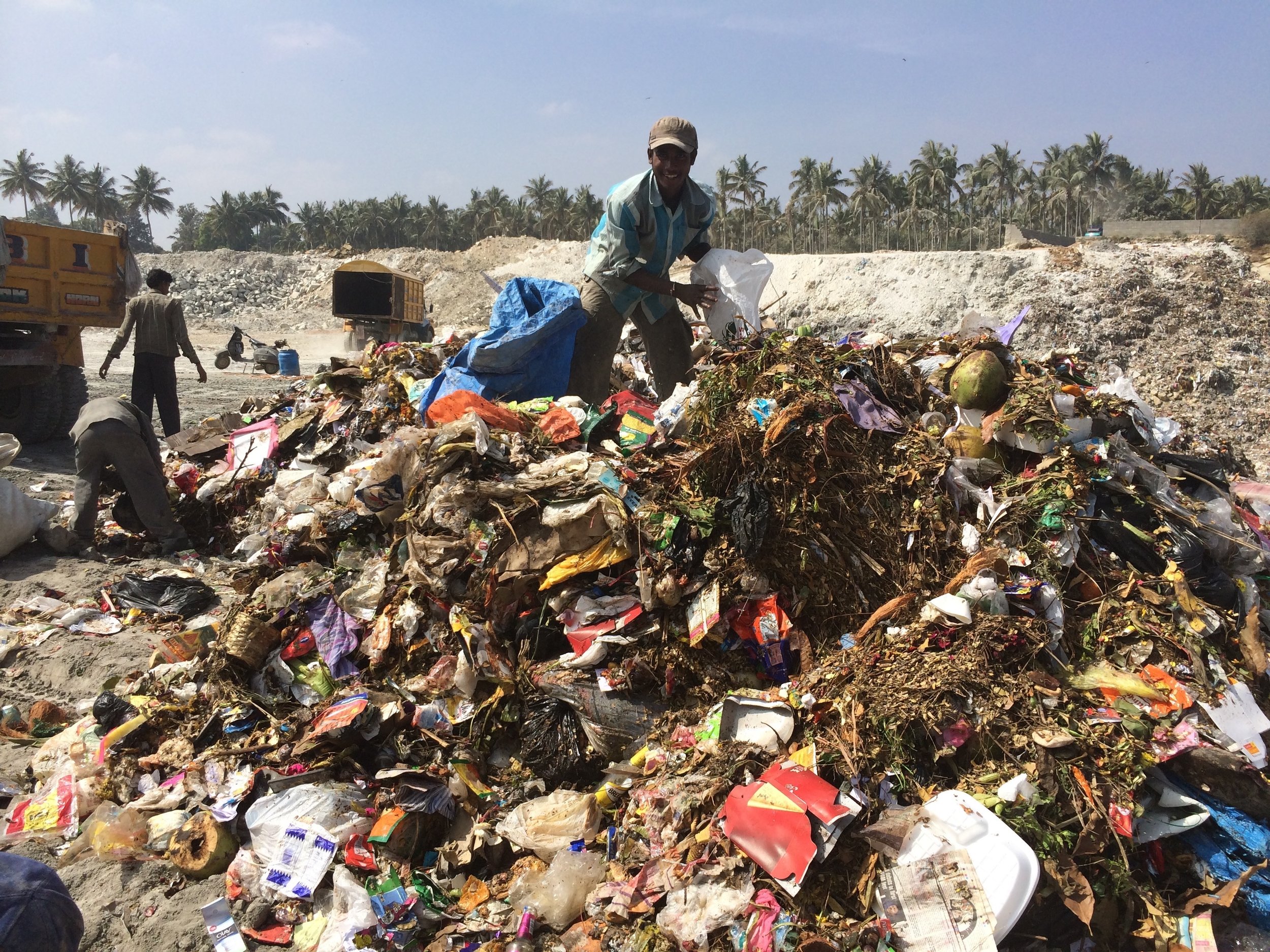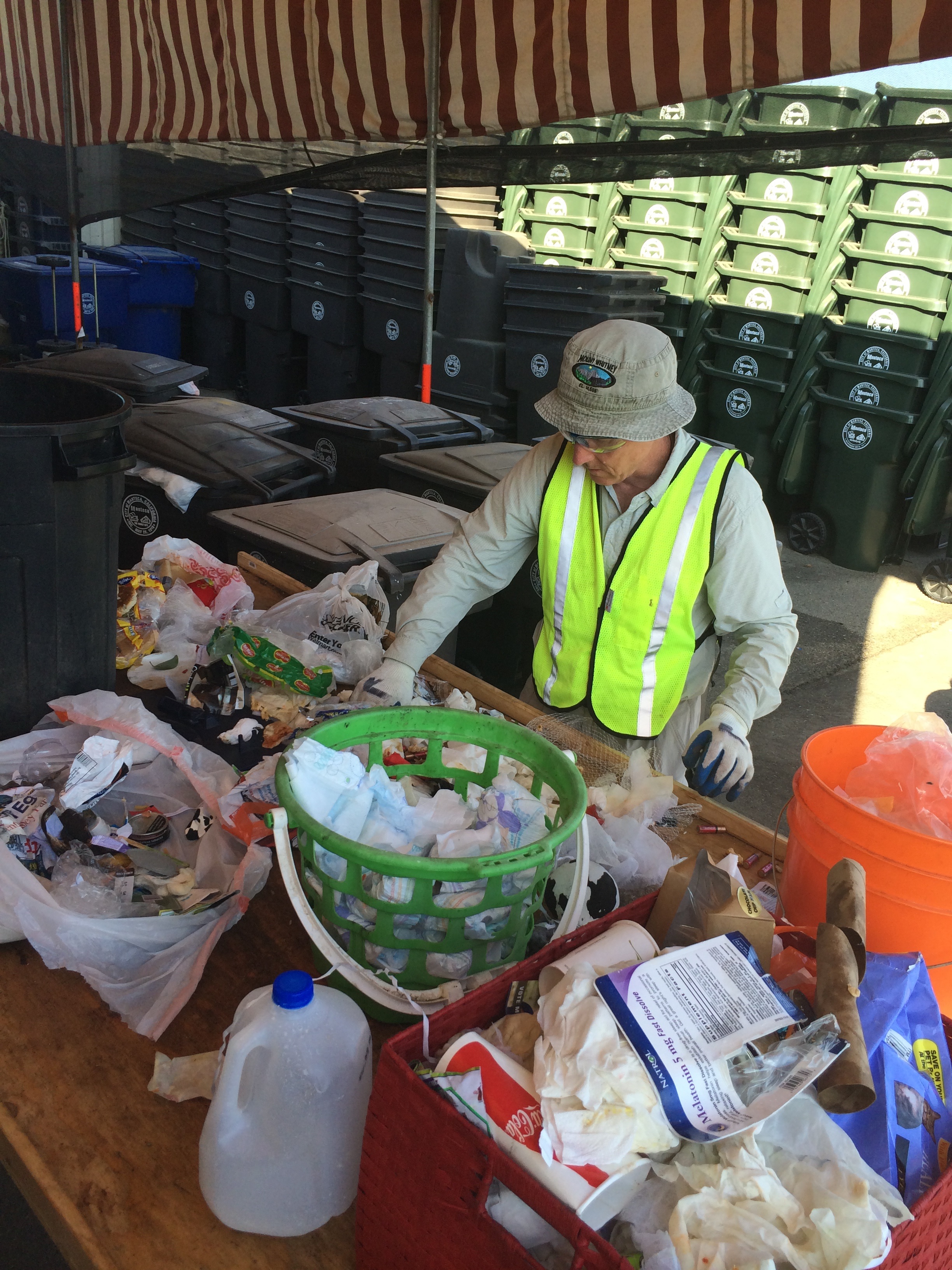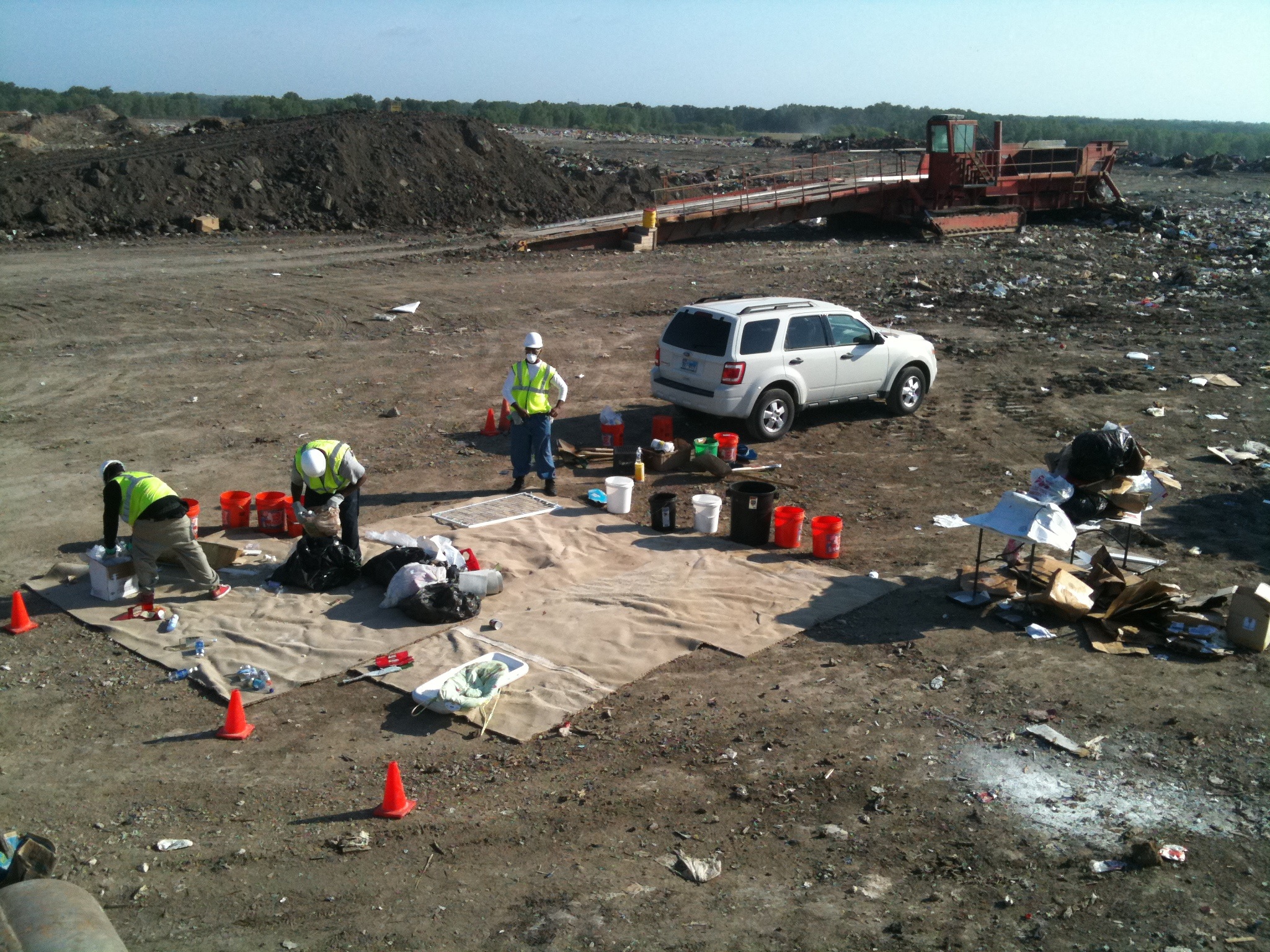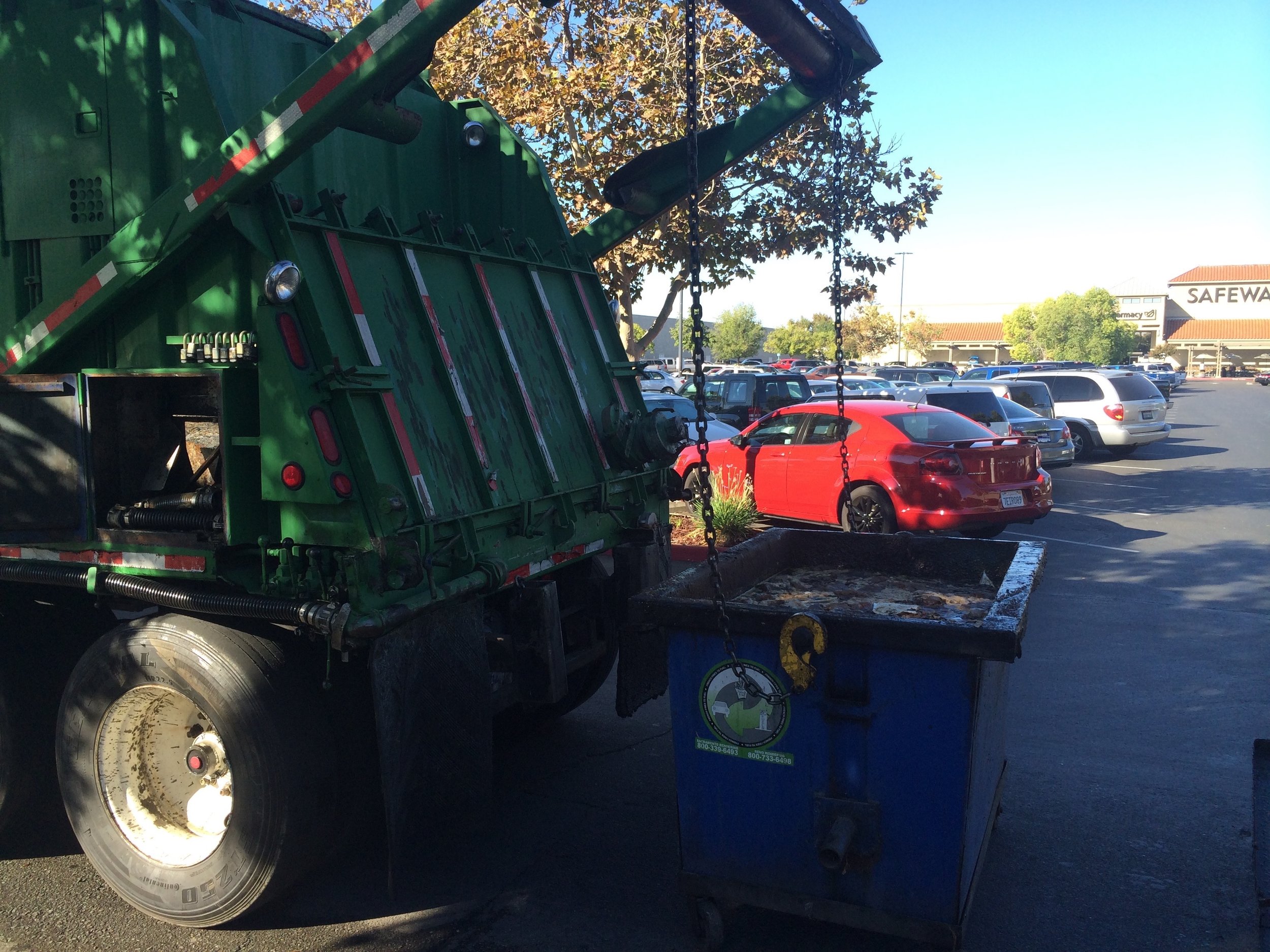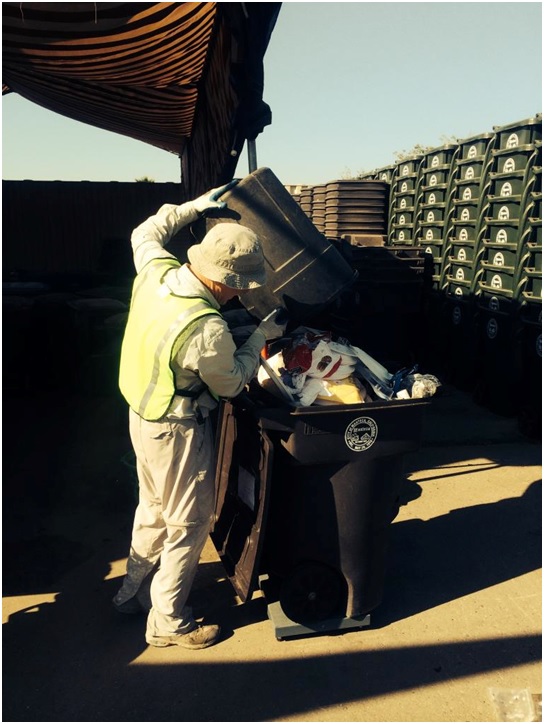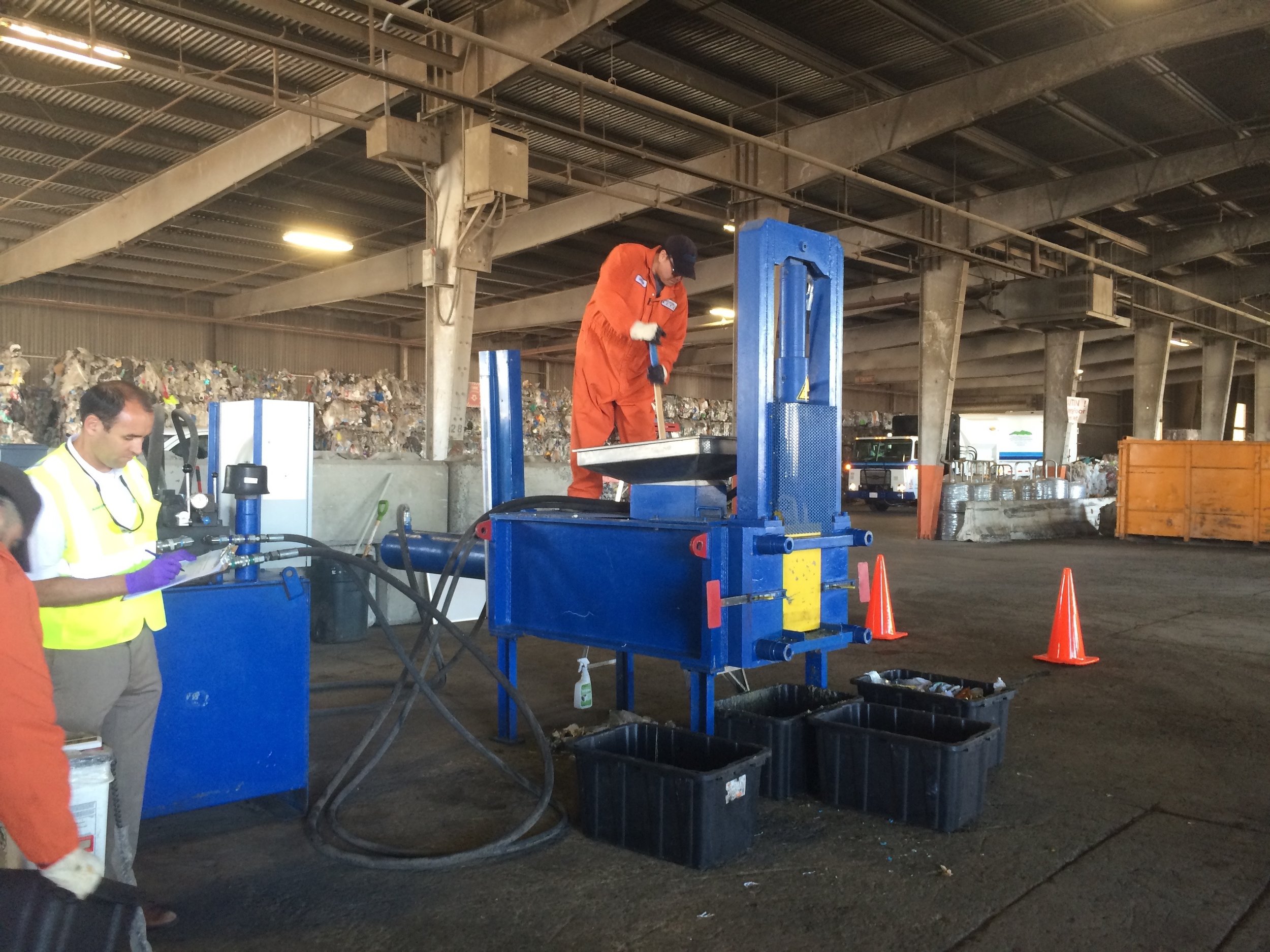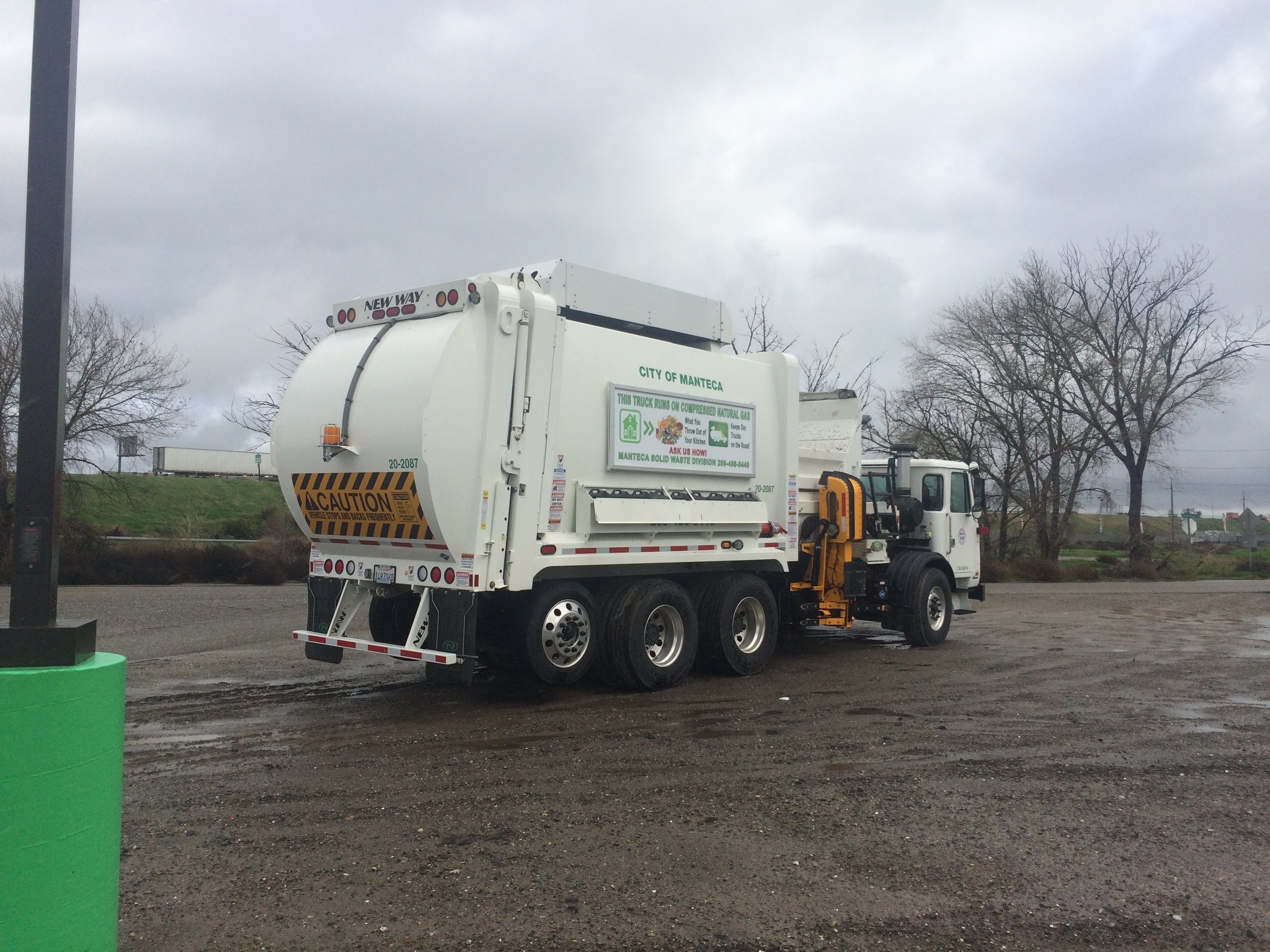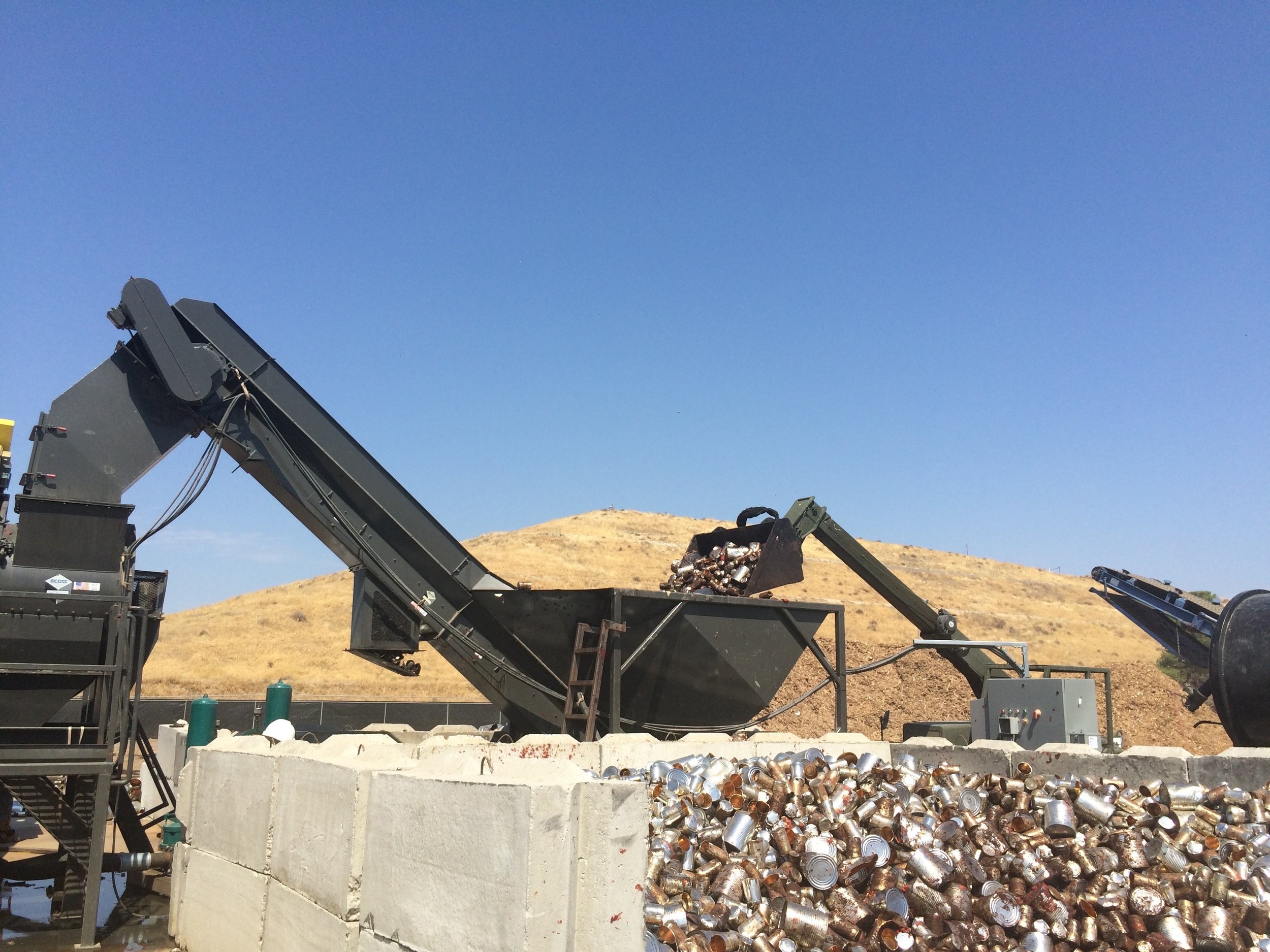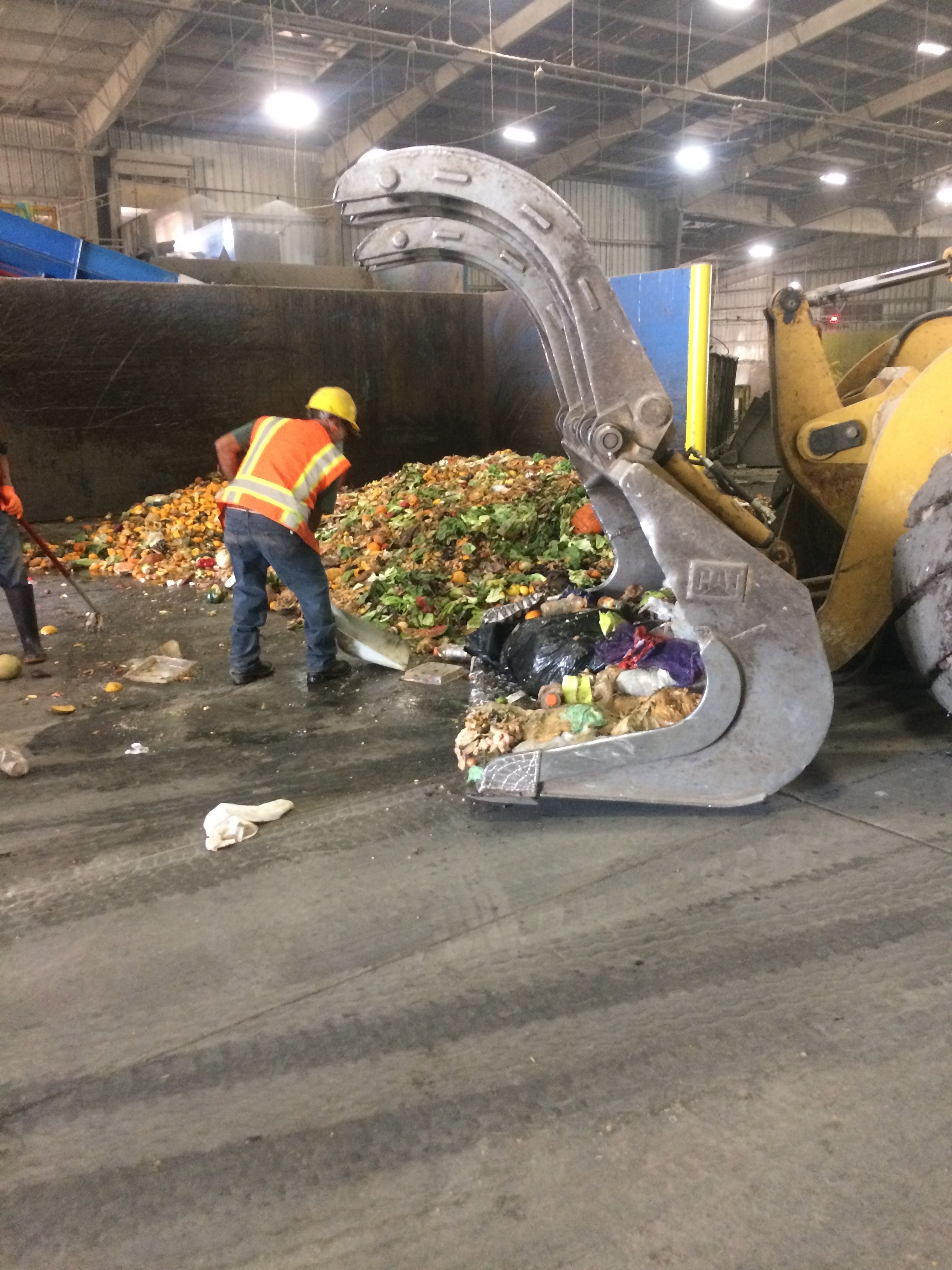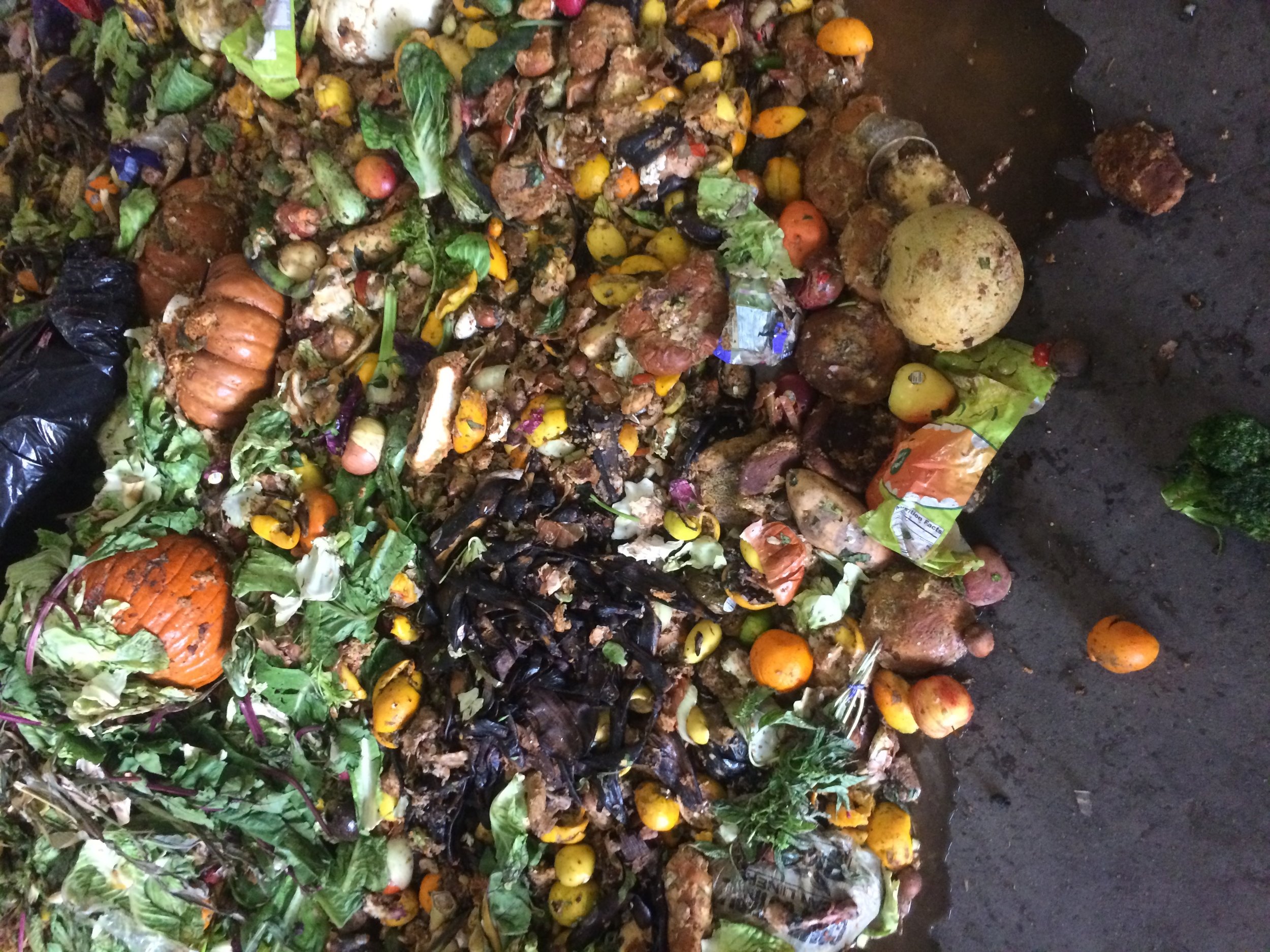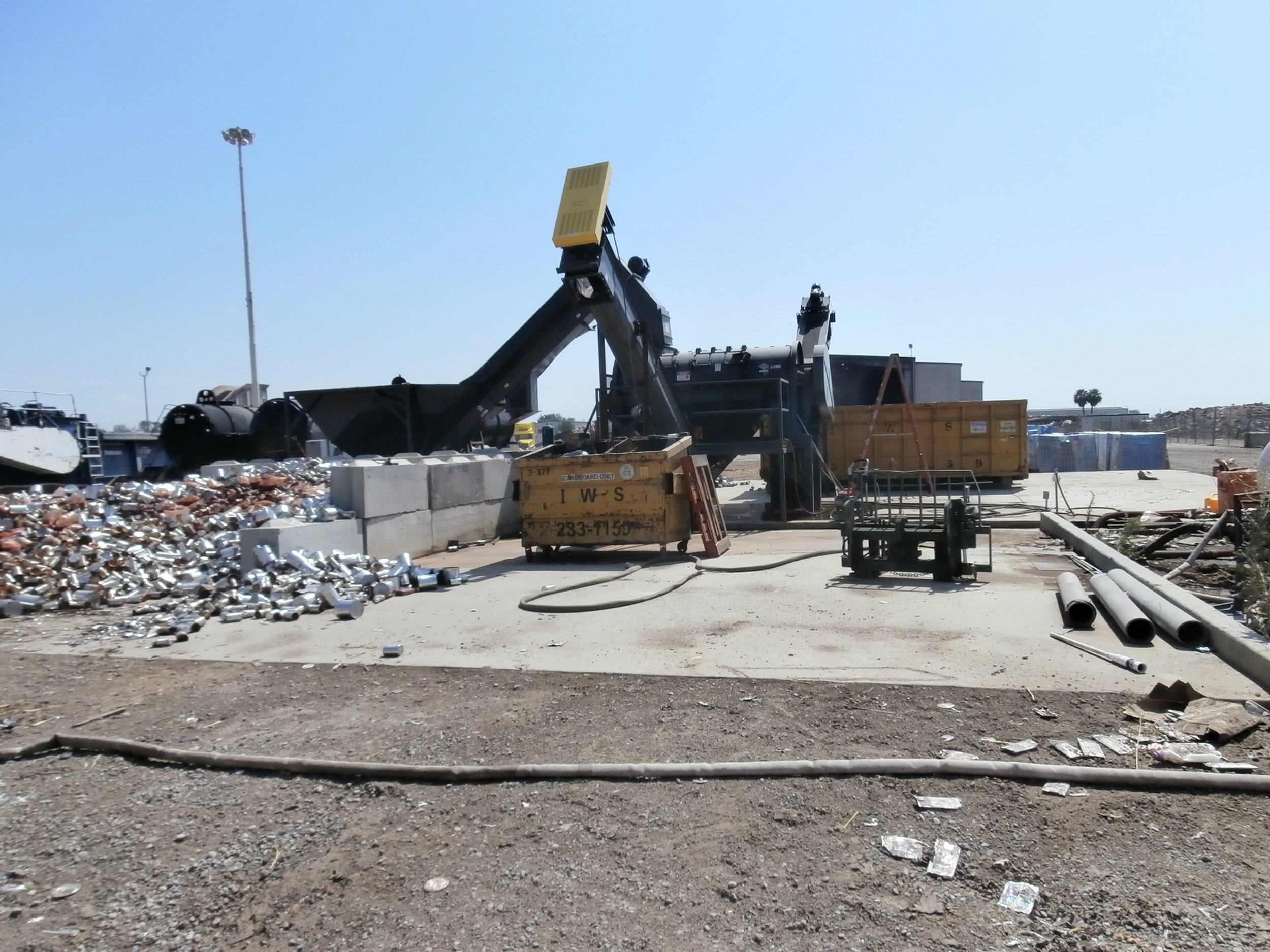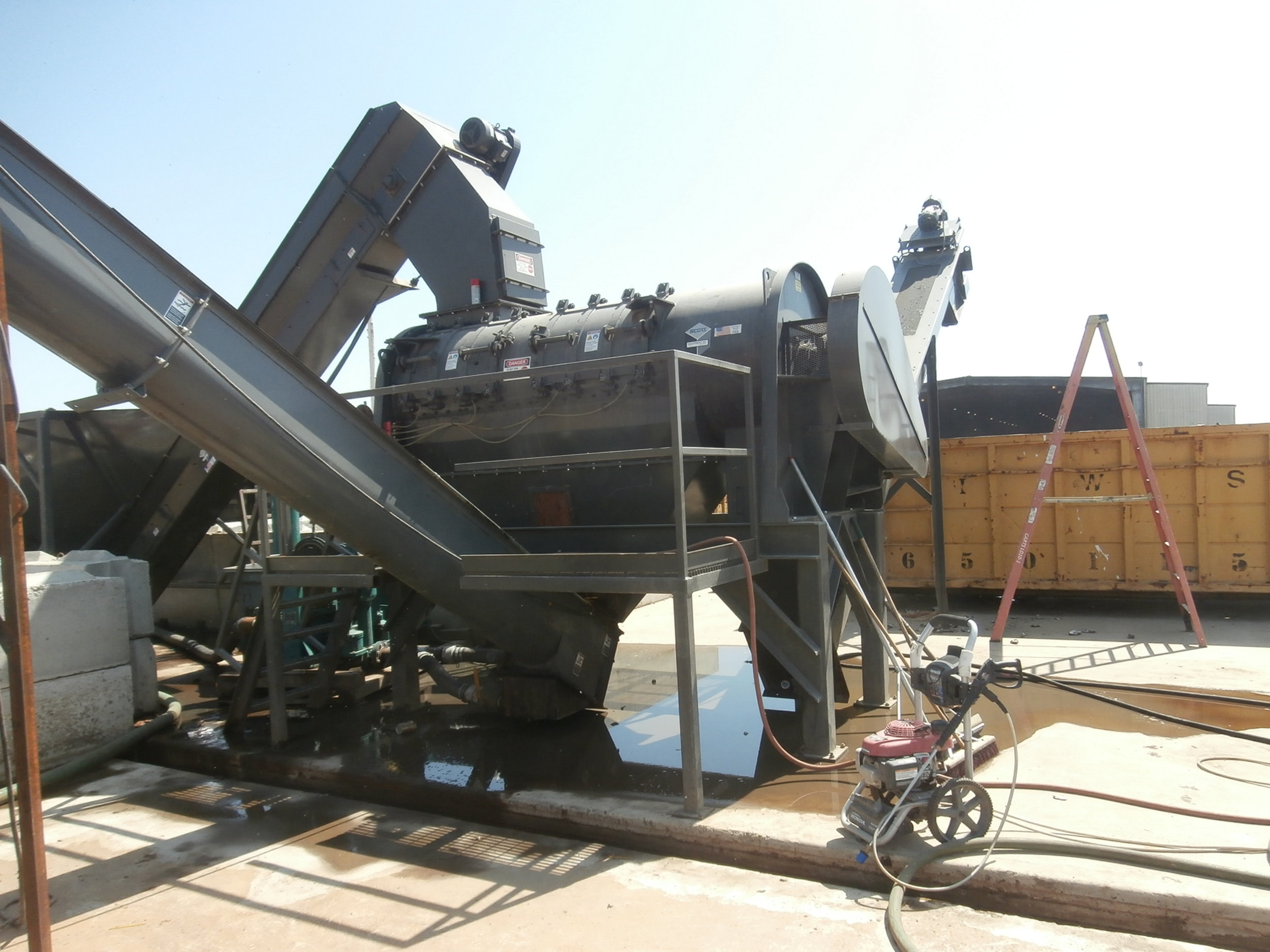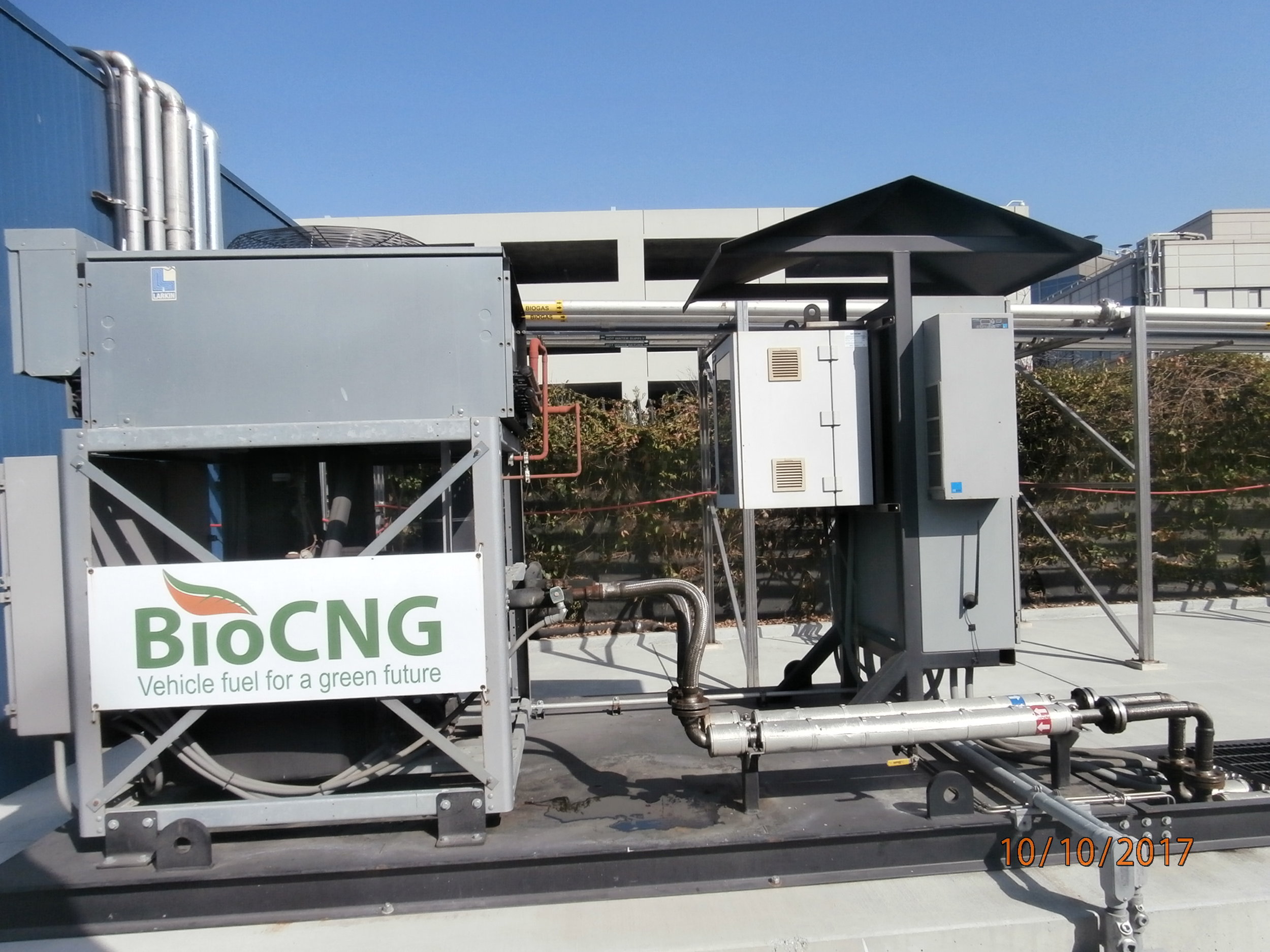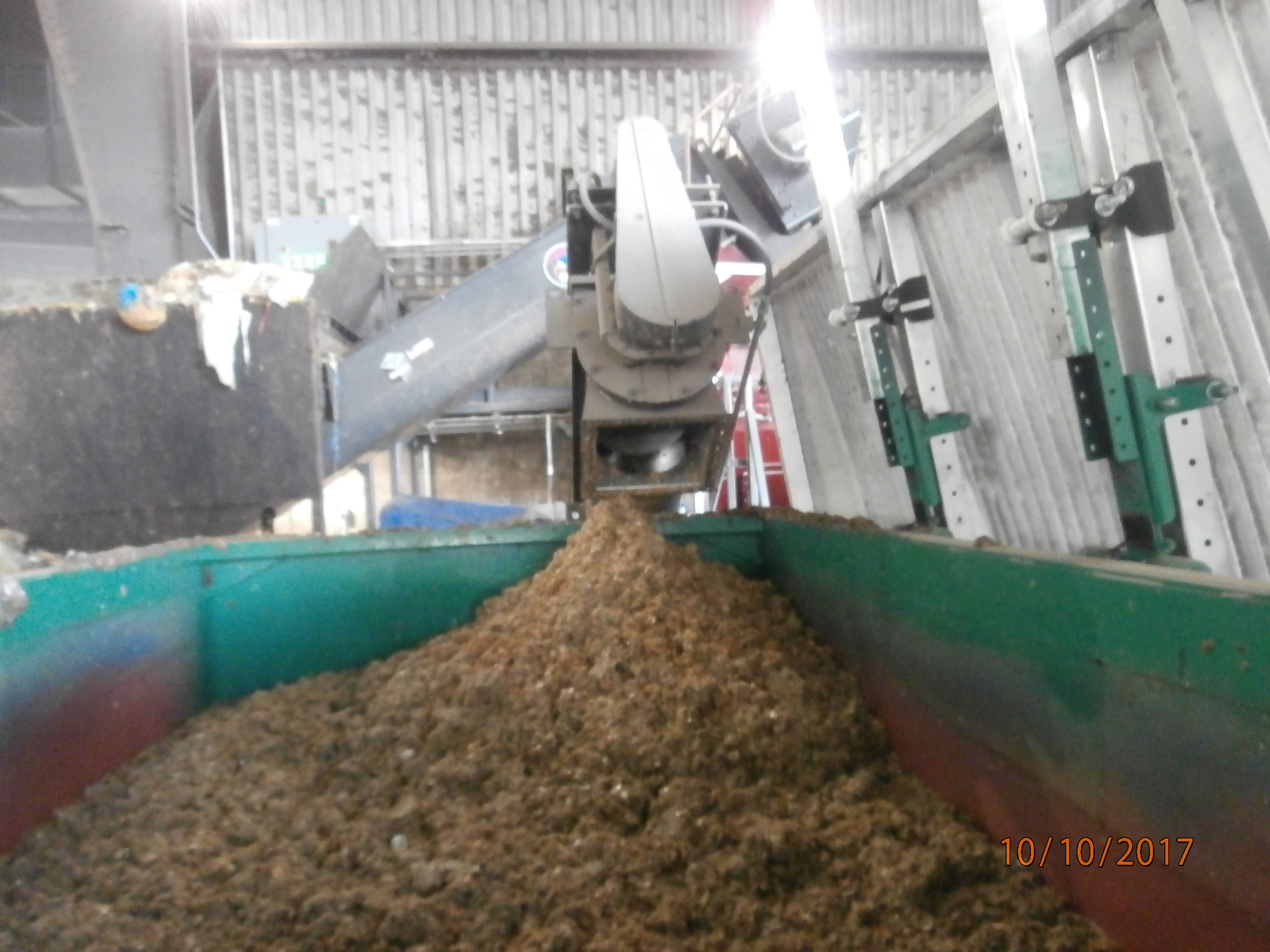GET READY FOR NEW REGULATIONS AIMED AT ORGANIC WASTE DISPOSAL
(California AB 1826 & SB 1383)
New California Laws and Regulations dictate virtually all organic waste must be diverted from landfill disposal by 2025. Organic waste includes food, greenery, landscape and pruning waste, some textiles, carpets, lumber, wood, paper products, biosolids, manure, digestate, sludges, and more.
To comply by this time deadline, municipalities will need to have plans in place to deal with these changes.
LET HERWIT CREATE YOUR WASTE COMPLIANCE PLAN
CONTACT HERWIT TO DISCUSS YOUR WASTE COMPLIANCE PLAN
The HERWIT Team has extensive experience in developing solid waste master plans to guide municipalities through the confusion of these new regulations. They have created plans and systems that not only divert material but also convert it to useable substances such as Renewable Natural Gas (RNG) that can be used as fuel for different forms of municipal transportation.
ORGANIC WASTE-RELATED SERVICES
HERWIT can help with any or all of your waste disposal compliance needs including:
Solid Waste Master Plans & Waste Characterization Studies
Municipal Utility Rate and Fee Studies
Organic Waste Processing
Wastewater Treatment Plan Receiving and Processing
Organic Waste Digestion
Municipal Wastewater Treated Biosolids/Sludge Digestion
Biogas Conditioning
Renewable Natural Gas Fueling Systems
Waste to Energy System Grant Writing
Community Education and Outreach
CalRecycle Annual Reports
Solid Waste Master Plans & Waste Characterization Studies
All optimal organic waste diversion programs and systems begin with solid, comprehensive planning. The HERWIT Team can develop your optimal Solid Waste Master Plan, to act as a guiding document for development of your diversion/waste to energy program.
A HERWIT Solid Waste Master Plan will likely address factors which may include:
Regulatory Compliance
Residential and Commercial Green waste Processing
Fats, Oils, and Grease (FOG) Plan
Waste Characterization
Waste Hauler Franchise Ordinance Agreements
Commercial Food Waste Collection and Processing Plan
Residential Food Waste Collection and Processing Plan
Anaerobic Digestion
Composting
Recycle Markets
Energy Potential of Waste
Projected Cost of Facilities
Projected Site Plan for Facilities
Fleet Conversions to CNG and RNG
Municipal Utility Rate and Fee Studies
The HERWIT Team understands the complexities of municipal utility wastewater and solid waste. In addition, we have a complete understanding of the regulatory environment. The HERWIT Team can develop a financial structure to fund your project that protects ratepayers while meeting existing and future regulations. We can walk you through issues surrounding rates stabilization, capital expenditures, equipment purchases, franchise fees, revenue projections, cost of service analysis, cost of new service initiation and more.
Organic Waste Preprocessing
The HERWIT Team is skilled at designing plans that avoid the largest problems facing municipal wastewater treatment plants- the inorganic contamination of waste generated feedstock. This can be a costly problem to fix but HERWIT has developed an innovative approach utilizing proven processing equipment to produce a clean high-value digestate, and in turn optimize energy production. Working with HERWIT means getting valuable assistance with your processing master plan, selection of equipment, design, construction management, start-up and commissioning, as well as warranty issues.
Wastewater Treatment Plan Receiving and Processing
Municipal wastewater treatment plants are being looked towards to provide communities with more than just treatment of sewage. Now they are being called on to receive and process Fats, Oils & Grease (FOG), as well as the organic fraction of municipal solid waste. The HERWIT Team has successfully planned and designed receiving facilities for FOG and solid waste generated organic waste streams.
The HERWIT Team can evaluate the advantages and disadvantages of codigestion, composting, or dedicated organic waste digesters depending on your municipality’s needs.
Organic Waste Digestion
The HERWIT Team can help you evaluate the opportunities of codigestion or dedicated organic waste digestion systems. Once the opportunity has been evaluated and you have made an informed decision, the HERWIT Team will optimize the opportunity.
Organic waste diversion requires several systems that work in conjunction with each other. These processes may include integration of solid waste collection, processing of organic waste, receiving of processed organic waste, and a complimentary digestive option. The HERWIT Team will optimize the integration of all components required to produce a successful organic waste to energy system.
Municipal Wastewater Treated Biosolids/Sludge Digestion
Wastewater Treatment Plant biosolids/sludge is routinely land applied as means of disposal. Under SB 1383 requirements for biosolids/sludge will no longer be permitted to be land applied without first being digested aerobically or anaerobically.
The HERWIT Team can plan and design biosolids/sludge anaerobic digesters for wastewater treatment plants that are being regulated into stabilization before land application. If this option is not viable the HERWIT Team can develop biosolids/sludge composting options.
Biogas Conditioning
Often the most costly and complex component of a biological waste to energy systems is the unit that cleans and conditions the biogas to RNG. There are many equipment suppliers with field proven systems that can perform this task. Each supplier’s equipment has advantages and disadvantages. The HERWIT Team can recommend the optimum equipment for each particular operational environment. Then the HERWIT Team can design a turn-key gas conditioning system that can be integrated with:
natural gas storage
Pipeline injection
Transportation Fuel
Fueling Stations
Electricity generation
Heat production
Absorptive refrigeration (A/C)
Residential uses
Industrial uses
Production of Liquefied Natural Gas (LNG)
Production of hydrogen
Renewable Natural Gas Fueling Systems
RNG used for Transportation fuel has been determined to have four-times the financial return of the generation and sale of electricity. This return can be even greater with self-consumption or RNG in fleets owned or controlled by the RNG generator.
The State of California has provided and is expected to continue to provide tens of millions of dollars in grants to subsidize development of RNG fueling stations for natural gas vehicles. There is ever increasing pressure for solid waste vehicles, along with other fleets, both public and private, to transition to natural gas. To best capitalize on the significant financial returns offered by generation of RNG, development of a CNG fueling station might be required.
The HERWIT Team can design a CNG fueling station utilizing standard natural gas, RNG, or a combination of both.
Waste to Energy System Grant Writing
The State of California is fully committed to production of renewable energy from organic waste. The state regularly provides grants for organic waste to energy projects and fueling stations. The HERWIT Team has written grant applications from which municipal clients have received millions of dollars. CalRecycle, California Air Resources Board (CARB), and the California Energy Commission (CEC) regularly provide project and planning grant opportunities. There are also grant opportunities through local air pollution control districts.
The HERWIT Team regularly attends State agency meetings where grant criteria is discussed and established. We understand the trigger point issues of the agencies to tailor grant applications to optimize success.
Community Education and Outreach
State of California grants and regulations often require, community education and outreach programs. The HERWIT Team has developed successful programs that meet and exceed grant and regulatory requirements. We can develop programs to:
Inform the public regarding new or changing programs
Develop edible food recovery programs
Mitigate community concerns
Minimize cost and staff time required to meet state grant and regulatory community education and outreach requirements.
CalRecycle Annual Reports
It seems every year CalRecycle reporting requirements become more onerous, and this isn’t going to change anytime soon. With the new organics regulations, along with mandatory inspection of source separated, reporting is going to become a much greater burden with increasing punitive consequences for noncompliance.
The HERWIT Team has extensive experience with writing CalRecycle reports, and the regulations establishing the criteria for the reports. We can assist you in meeting all the new reporting regulations while minimizing cost and inconvenience.
Almost all municipalities are required to develop reports estimating organic waste generation, sizing and sitting facilities to process organic waste, and estimating development cost. The HERWIT Team can provide this service while developing a Solid Waste Master Plan, or as a standalone project.
CONTACT HERWIT TO DISCUSS YOUR WASTE COMPLIANCE PLAN

